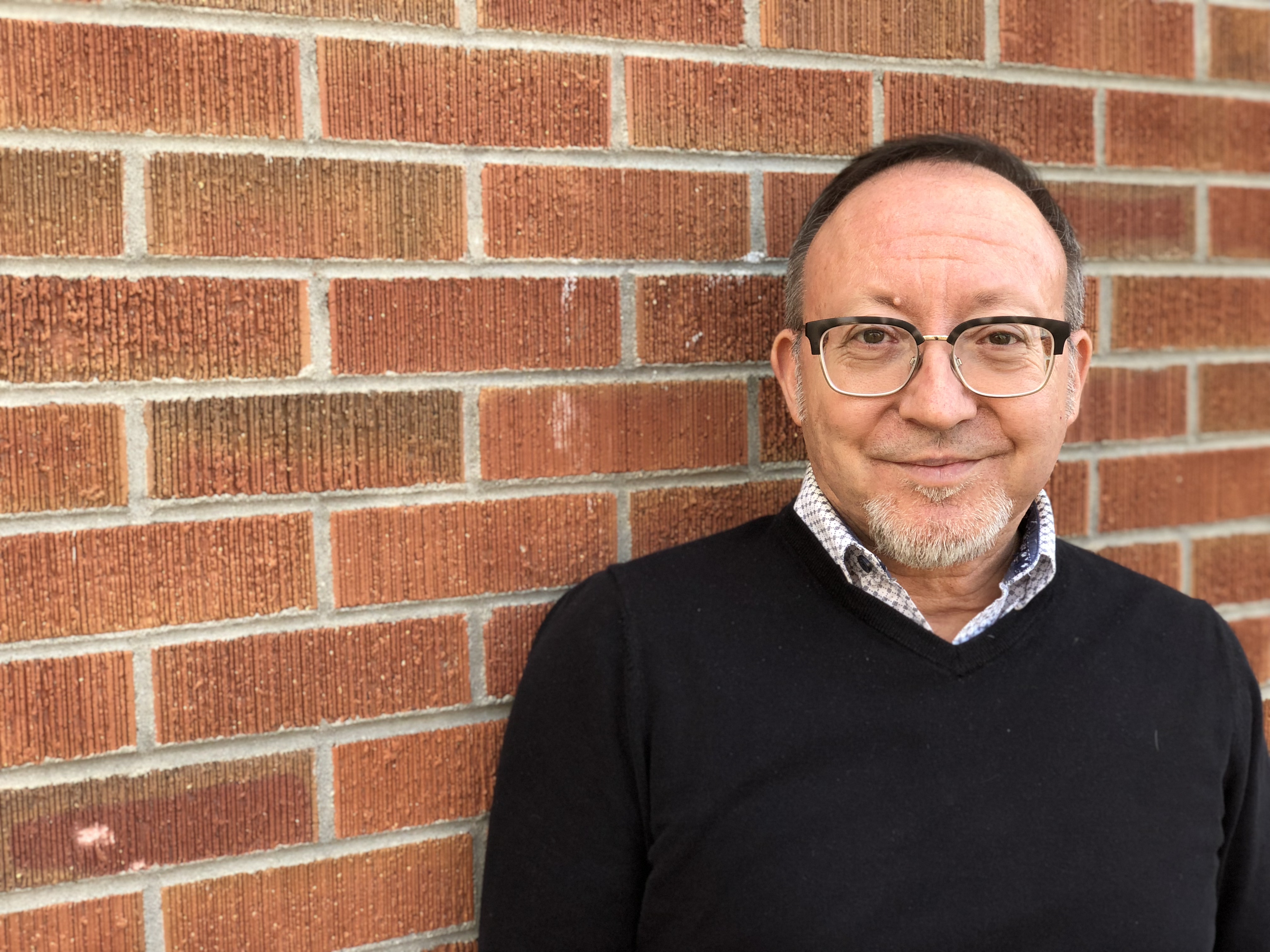I had the enjoyment of reminiscing about some pioneers of the “old school” contemporary Christian music scene recently with a friend. Names like Keith Green and 2nd Chapter of Acts were brought up and dusted off fondly throughout the evening. What a throwback! As I amazingly remembered every word to “Mansion Builder”, my mind and memories were taken back to a pivotal moment. In 1980 as a junior in High School, the Lord crashed graciously upon my life and I became “saved”. Can I get a witness from any 70’s Jesus Movement Hippies in the audience?
My experience was a sincere and very real encounter with the personal presence of Jesus Christ. Suddenly I was transplanted into the foreign culture of “American Evangelicalism”. Not having grown up in the church, it felt like being dropped onto another planet. It became my job to quickly learn the ways and language so I might maneuver this new and strange land. For one, it was a very busy and on-the-go little society. There were bible studies to attend (two a week), youth groups to join and children’s Sunday school classes to teach. Christian concerts were the only kind permissible. Don’t forget witnessing at the airport to save poor lost souls awaiting their flights, along with a daily “quiet time”. Wow, I’m exhausted just typing this. In this flurry of activity, it should also be done in the “joy of Lord” with an attitude of “cheerful giving”.
Behind all the productivity and the victorious smile I brandished each day, reality was tearing away at my heart. At 17, I was already a train wreck of sexual problems and a growing pornography addiction. I was carrying a wide variety of emotional and relational baggage. Yet, missing a quiet time, or hinting I’d just rather not go witnessing—especially at the airport!–caused eye brows of concern to go up alarmingly. Not so subtle questions about my salvation would appear. Chances were this wasn’t a safe place to talk about my hidden gay porn stash or how I missed my boyfriend.
Christian Cultural Influences on Addiction
My last article explored several cultural factors, by Dr. Patrick Carnes, of how our society contributes to addictive behavior in our country. Besides this, we as Christ followers have yet another sub-culture with which to contend. How does American Christian culture aid in allowing compulsion to continue to thrive?
Image Management
As with my teen Christian friends, it’s tempting to give people the impression that we’re more together than what’s true. We hide our wounds, failures and shortcomings behind our “Sunday Best”. Jesus was constantly railing against the religious folks of his day—they were white washing the outside of the tomb. They put on their best game face, while their hearts were still a nasty black mess (Matthew 23:27-28). It’s not hard to see why God really dislikes this because it’s simply inauthentic. A person (especially an addicted person) can be led into a double life. Super Christian by day, normal everyday sinner by night. Why would a person do that?—read on.
Environment of Shame and Secrecy
Sin is shameful. There is a healthy framework of shame and guilt that we have when we violate our own value system. It’s called a conscience. This kind of beneficial guilt comes from the Holy Spirit, is clean conviction and leads a person to repentance. Shame can feel humiliating and is exacerbated by judgment, rejection and condemnation. This is usually already happening internally—we beat ourselves up into a “self-hatred” spiral. Then come the unhelpful external voices of a finger wagging disapproval that only makes matters worse. The church has a rich history of shooting its wounded. Why would you want to share vulnerably about a struggle in that kind of environment? Exactly–thus the inducement towards secrecy. Secrecy and shame can be the rich soil that an addiction grows and flourishes in.
Quick Fix Logic, Unrealistic and Unbiblical Expectations
Have you ever been frustrated when you’ve shared an ongoing life struggle with a close Christian friend? Sometimes they just don’t understand. At first, there can be grace given, which is relieving at the point of confession. But as the weeks go on, the looks of empathy and care can turn into impatience. “Why is the problem still persisting?” they wonder exasperated.
Questions about your repentance, spiritual life and salvation get thrown in the mix. I’m not sure where in the Bible it says that sanctification is a 30 second process. Folks frequently show up at Where Grace Abounds with some hopeful yet misguided time table in accordance with their healing. Decades of belief systems, habits, behavior, wounds, unmet needs and relational problems aren’t going to vanish within a few months. Sorry. This kind of thinking can make God into the Genie/Vending Machine who’s only job is keeping us comfortable and happy. So, you might as well settle in for the long haul. God’s desire is to take us through a process. Our job is a delicate balance of knowing when to give a truthful push forward or offering grace, space and time to heal.
It’s a mixed bag isn’t it? It’s a good and honest thing to admit the unhelpful things we all do within our own camp. I know most Christians sincerely desire to be part of the solution, rather than adding to the problem. Our heart at Where Grace Abounds is to walk the difficult tightrope of truth and grace on a daily basis.

Scott Kingry
Program Director
Make a Difference in Someone's Life
If you enjoy reading WGA’s blogs and would like to show your support, please consider making a donation. Where Grace Abounds is a 501(c)3 non-profit organization. The majority of services, including support groups and discipleship counseling, are provided free of charge. Your financial gifts help to cover the costs associated with offering a free program to those who seek WGA’s services.

